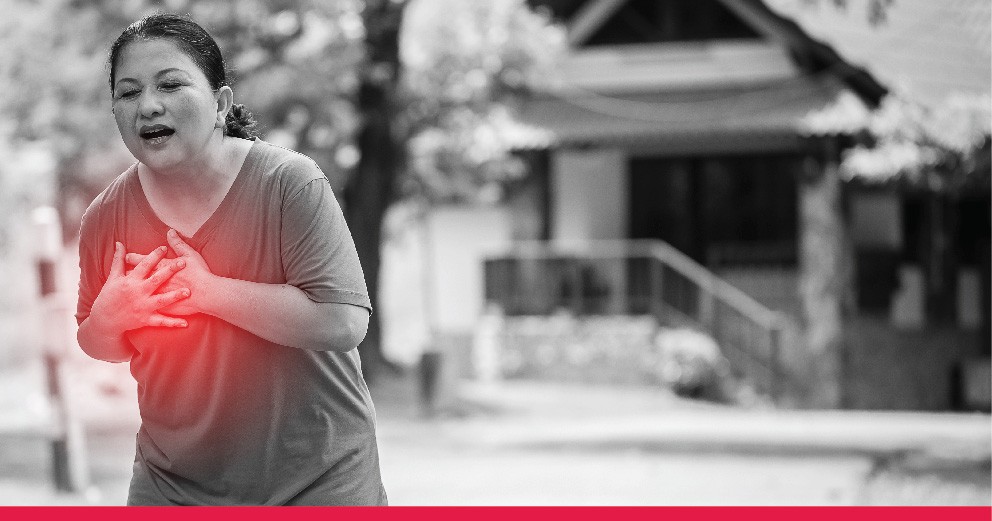What is Cardiovascular and Thoracic Surgery?
The Best Cardiothoracic & Cardiovascular Hospital in Kondapur varies from place to place. So before getting the treatment you must be aware of the Kondapur’s Top Cardiothoracic Surgery Hospitals and Cardiovascular Hospital in Kondapur, Gachibowli or you may visit KIMS hospital as KIMS hospital is the Best Cardio Hospital in Kondapur. People with diseases of the heart, aorta, blood vessels, lungs, and chest cavity are treated by the Department of Cardiothoracic and Cardiovascular Surgery at KIMS Heart Institute. In India, the facility is recognised for performing precise cardiothoracic surgery. The greatest cardiothoracic and cardiac surgeons in Hyderabad undertake a significant number of cardiac and cardiovascular procedures each year using cutting-edge technologies, such as minimally invasive cardiovascular treatments.
People at the Department of Cardiovascular/Cardiothoracic Surgery benefit from skilled medical professionals who work together to establish the best course of treatment for each patient. The top cardiothoracic surgeons in Hyderabad work at KIMS. For both adults and children who have cardiovascular disorders, cardiovascular/cardiothoracic surgeons collaborate with experts in cardiovascular diseases and top paediatric cardiothoracic surgeons.In Hyderabad the Best Cardio Hospital in Kondapur depends on a number of variables. To find out who the Best Cardiothoracic & Cardiovascular Hospital in Hyderabad is, you must speak with the doctor. But before knowing about the Cardiovascular Hospital in Kondapur, Gachibowli & Best Cardiothoracic & Cardiovascular Hospital in Kondapur you must contact the doctors of KIMS hospital about the problem as KIMS hospital is the Best Hip Replacement Surgery in Hyderabad
How is the sickness of the heart treated?
Depending on your symptoms and the type of cardiovascular disease you have, different treatment options may be available. Treatment options for cardiovascular disease include:
Lifestyle adjustments: Some examples include altering your nutrition, stepping up your aerobic exercise, and giving up tobacco use (including vaping).
Medication: To manage cardiovascular disease, your doctor may prescribe medication. Depending on the type of cardiovascular illness you have, your treatment options will vary.
Procedures or surgeries: Your practitioner may use certain procedures or surgeries to treat your cardiovascular disease if medicine is ineffective. Stents in your heart or leg arteries, open heart surgery, minimally invasive heart surgery, ablations, or cardioversion are a few examples.
1. Cardiac rehabilitation: To help your heart get stronger, you might need to engage in a controlled exercise regimen.
2. Active monitoring: Even without medications, treatments, or surgeries, you could need attentive observation over time.
Risk elements
According to research published in the journal JAMA, both men and women have a lifetime risk of CVD that exceeds 50%. Even among those with little or no cardiovascular risk factors, the risk is still more than 30%, according to their study article.
CVD risk factors include:
1. Hypertension, or high blood pressure
2. Artery blockages due to atherosclerosis
3. Smoking and radiation treatments
4. Bad sleeping habits
5. High lipid levels, often known as hyperlipidemia
6. Diabetes and a diet heavy in fat and carbohydrates
7. Active inactivity
8. Obesity
9. Nap apnea
10. Excessive alcoholic beverage use
11. Reduced lung function caused by stress, air pollution, chronic obstructive pulmonary disease, or another condition
People with only one cardiovascular risk factor have many more. For instance, type 2 diabetes, high blood pressure, and high cholesterol are all made more likely by obesity. The same person could experience all four conditions at once.
What signs and symptoms are typical of cardiovascular disease?
Frequently, the underlying blood vessel condition is symptomless. A latent sickness may present with its first symptom as a heart attack or stroke. Signs and symptoms of a heart attack include: A middle-chest ache or discomfort may also radiate to the left arm, left shoulder, elbow, jaw, or back.
In addition, the person may experience nausea or vomiting, lightheadedness or dizziness, problems breathing or a feeling of being out of breath, a cold sweat, and a change in skin colour. Back and jaw pain, nausea, and vomiting are more common in women than in men. The most common indication of a stroke is sudden weakness in the face, arm, or leg, usually on one side of the body.
Another indication is the sudden beginning of: An excruciating headache with no known cause, numbness in the face, arm, or leg, especially on one side of the body, confusion, difficulty speaking or understanding speech, difficulty seeing with one or both eyes, difficulty walking, dizziness and/or loss of balance or coordination, and/or fainting or unconsciousness are all symptoms that can occur.
Anyone who has these signs should seek medical attention right away. Kondapur’s Top Cardiothoracic Surgery Hospitals is KIMS Hospital it is worth getting treatment there.
FAQs
1. Which workout is most beneficial for cardiovascular disease?
Pick an aerobic exercise like bike, light running, swimming, or walking. At least 3 to 4 times per week, perform this. Prior to exercising, spend 5 minutes stretching or moving around to warm up your muscles and heart.
2. What should someone with cardiovascular disease stay away from?
To lower your blood cholesterol and lessen your risk of coronary artery disease, you should limit the amount of saturated and trans fats you consume. Atherosclerosis, or the formation of plaque in the arteries as a result of elevated blood cholesterol, can raise the risk of heart attack and stroke.
3. Which is the Best Cardiothoracic & Cardiovascular Hospital in Kondapur?
Krishna Institute of Medical Sciences (KIMS hospital) is the Kondapur’s Top Cardiothoracic Surgery Hospitals & Cardiovascular Hospital in Kondapur, Gachibowli.







